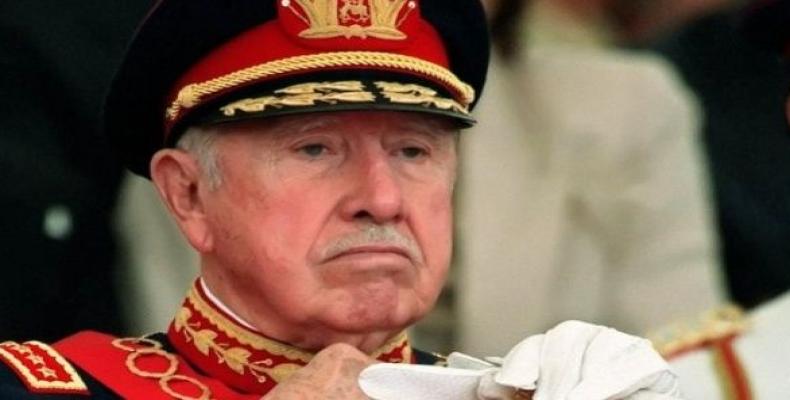Santiago de Chile, Feb 23 (RHC)-- At least 500 children were illegally adopted by foreigners during the dictatorship of Augusto Pinochet according to an investigation released by Judge Mario Carroza.
The Chilean daily La Tercera reported that social worker Telma Uribe, who is now 96 years old, is accused of having a major role in mediating between the families. Uribe's role was in connecting international organizations specialized in adoptions for foreign families, especially in the United States between 1973 and 1990, when Pinochet was in power.
After several minors were found to be adopted illegally, the judge broadened the investigation that soon revealed about 500 more cases thanks to a report by Maria Cecilia Erazo, a social worker at the Catholic University and lawyer for the Appeal Court of Santiago. Her report found that the victims of the adoption network were mothers in a situation of vulnerability. She added that Chile did not implement a legal framework for international adoptions until 1988. Before then, judicial authorities would allow the adoption of a child abandoned by the parents, if the solicitors had financial resources to welcome the child. “Because it was carried out on a voluntary basis, courts would not question further the adoption,” found the report.
Cases of stolen babies have been largely investigated in neighboring country Argentina during the last military dictatorship in the country, and health professionals who participated in clandestine deliveries of kidnapped children of prisoners have been prosecuted for the first time in 2014.
Chilean judge reveals 500 children were illegally adopted abroad

Matérias relacionadas
Comentários
Deixe um comentário
Todos os campos são requeridosMais vistas
- Ministros das Relações Exteriores ajustam documentos para aprovação pelos presidentes na Cúpula da CELAC
- Concurso Desenhando Europa constrói pontes artísticas com crianças em Cuba
- As ruas acordam nos EUA
- Brasil e Cuba as melhores equipes no torneio juvenil de judô no Panamá
- Ministro das Relações Exteriores de Cuba chega a Honduras para Cúpula da CELAC

